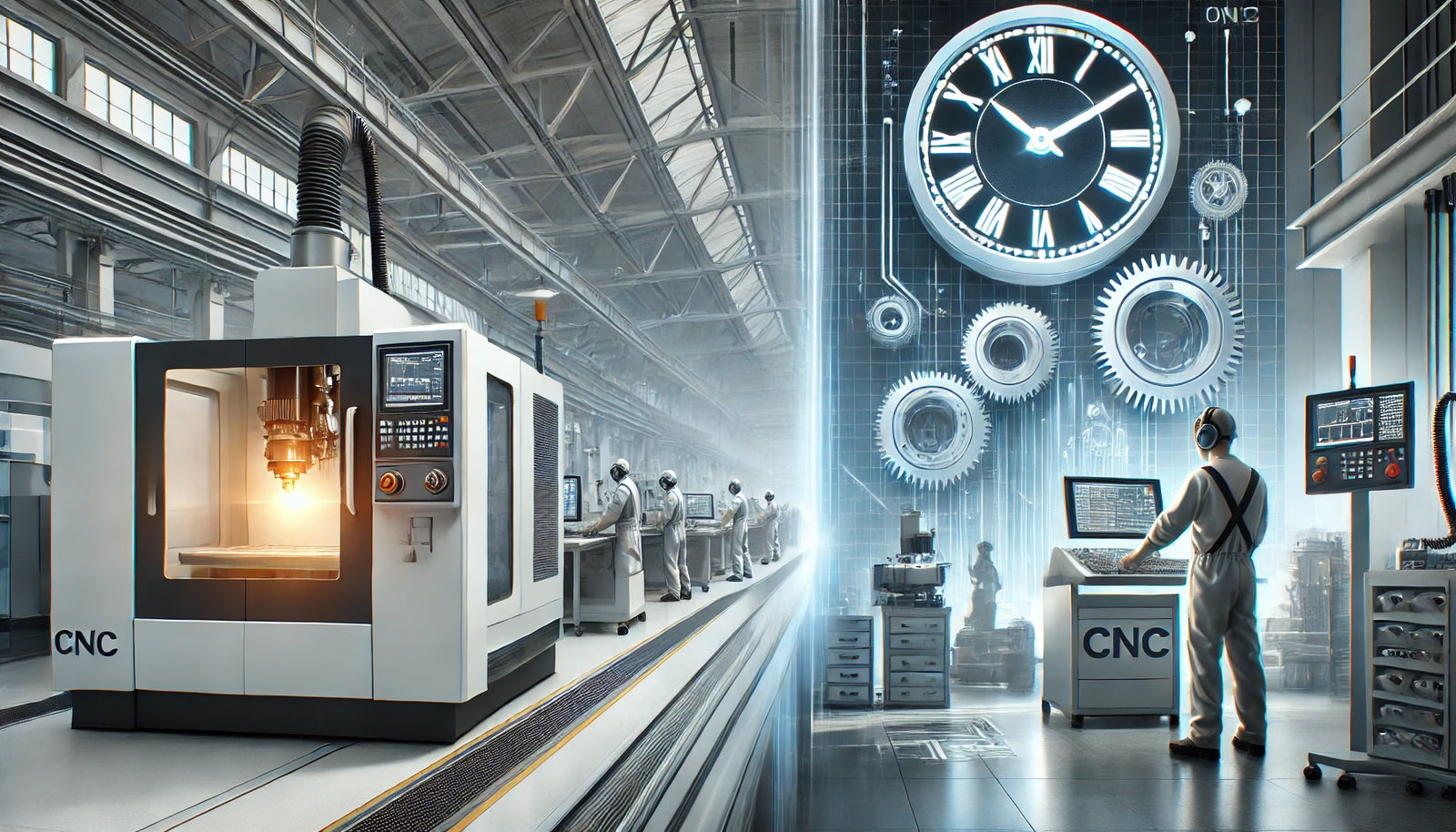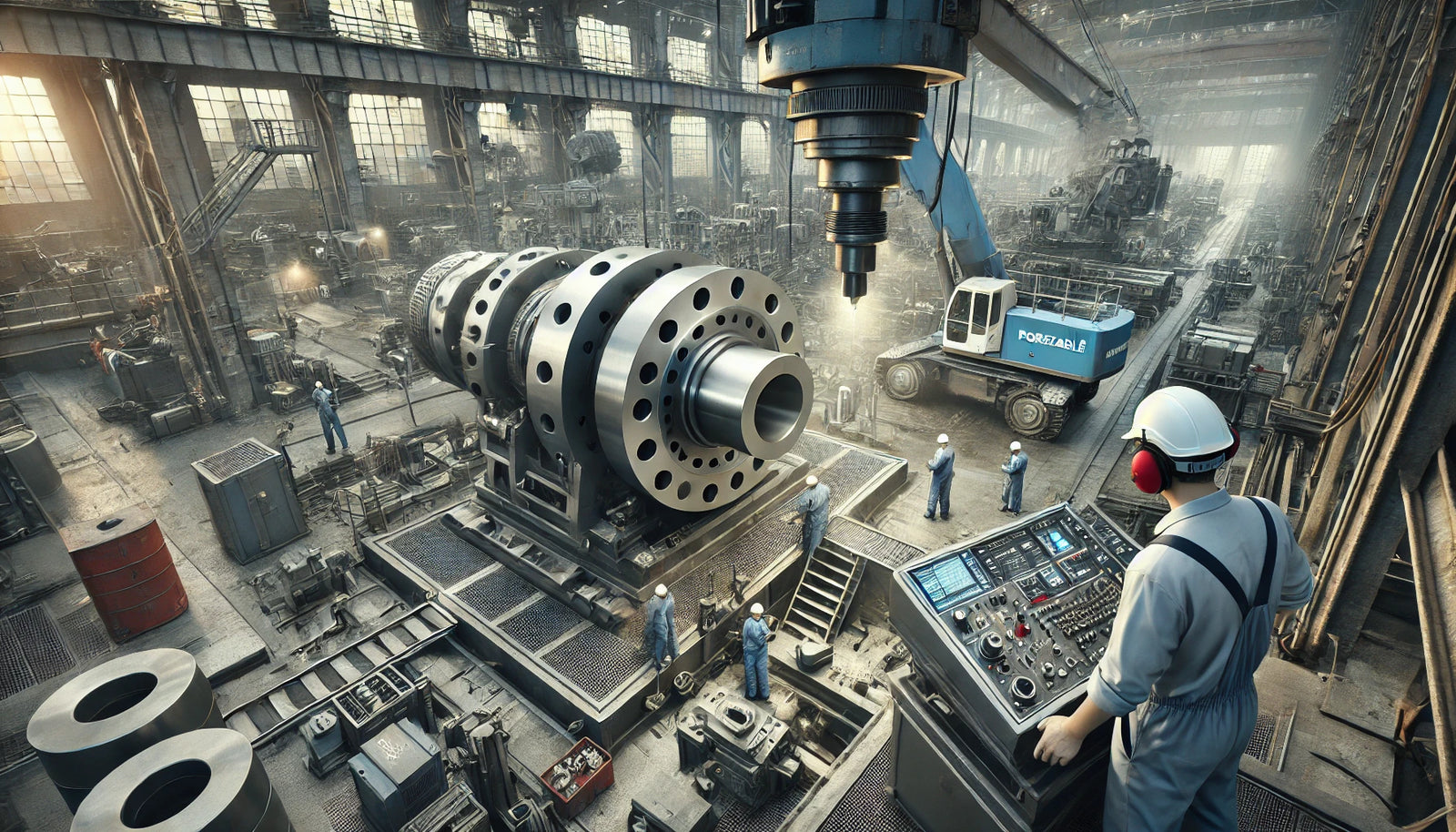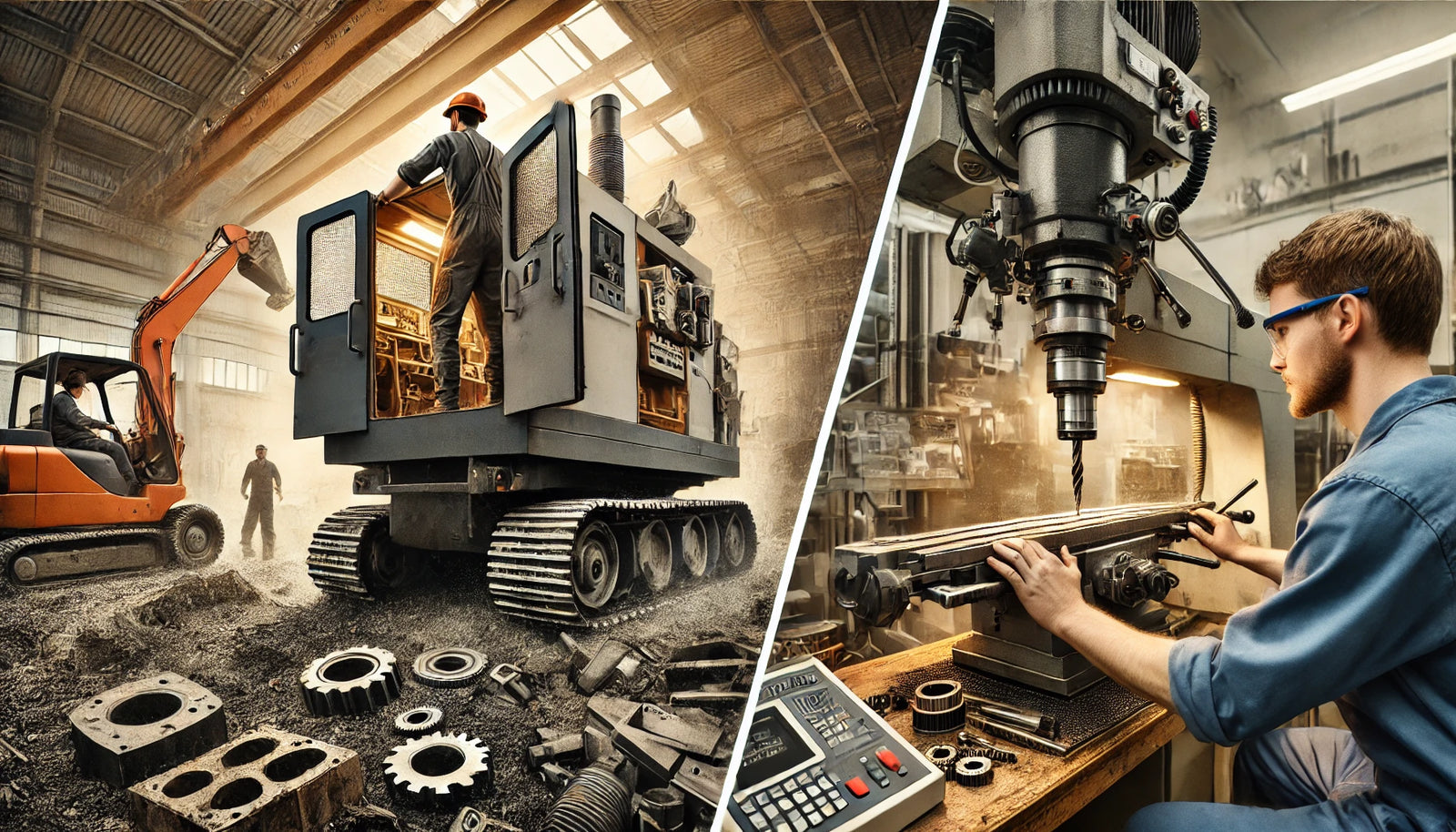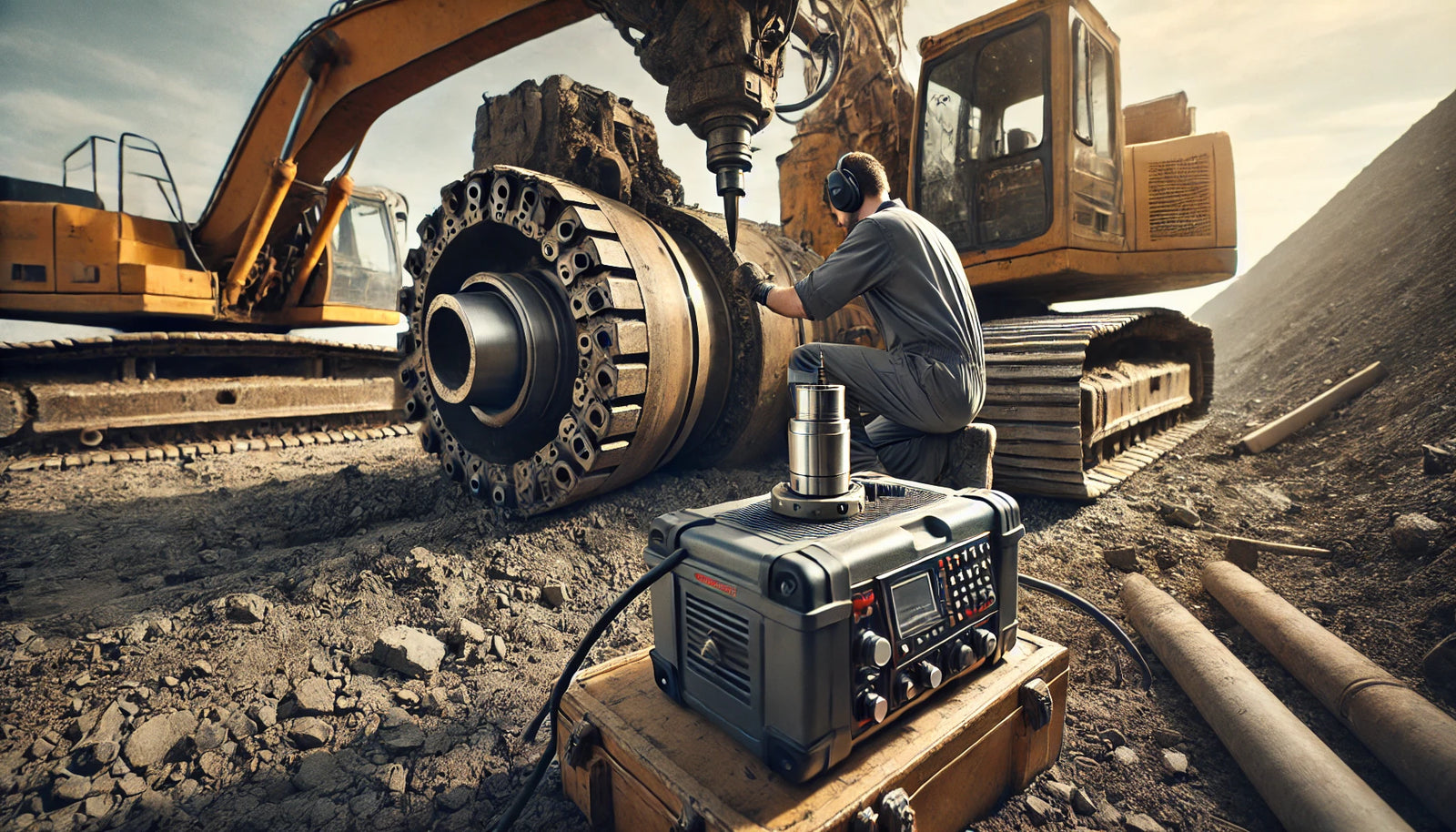In the fast-evolving world of precision engineering, metalworking, and manufacturing, staying ahead of the competition means embracing the latest technological advancements. One of the most significant shifts in recent years has been the move from conventional to CNC (Computer Numerical Control) machine tools. If you've been contemplating this transition, there's no better time than now to make the leap. Here’s why:
1. Enhanced Precision and Consistency
CNC machine tools are renowned for their ability to produce parts with incredible precision. Unlike conventional machines, which rely heavily on the skill and experience of the operator, CNC machines follow programmed instructions with pinpoint accuracy. This results in consistent, high-quality output that meets the stringent tolerances required in precision engineering and metalworking.
2. Increased Efficiency and Productivity
One of the most compelling reasons to switch to CNC machinery is the substantial increase in efficiency. CNC machines can operate continuously with minimal downtime, significantly boosting productivity. Additionally, they can perform complex operations in a single setup, reducing the need for multiple machines and manual intervention. This leads to faster turnaround times and the ability to take on more projects simultaneously.
3. Cost Savings in the Long Run
While the initial investment in CNC machines can be significant, the long-term cost savings are undeniable. CNC machines reduce the likelihood of human error, resulting in less scrap and rework. Their high efficiency also means lower labor costs, as fewer operators are needed to oversee production. Over time, these savings can more than offset the initial expenditure, making CNC machines a cost-effective solution for manufacturing businesses.
4. Greater Flexibility and Capability
CNC machines offer unparalleled flexibility in manufacturing. They can be easily reprogrammed to produce different parts, allowing manufacturers to quickly adapt to changing market demands or customer specifications. This versatility is particularly valuable in industries where product designs frequently evolve. Moreover, CNC machines can perform a wide range of tasks, from milling and turning to drilling and cutting, making them a versatile addition to any workshop.
5. Improved Safety and Working Conditions
Safety is a paramount concern in any manufacturing environment. CNC machines enhance safety by reducing the need for manual handling of materials and tools. Operators can control the machines from a safe distance, minimizing the risk of accidents. Furthermore, CNC machines are designed with advanced safety features and protocols, ensuring a safer working environment for everyone involved.
6. Access to Advanced Technologies
Modern CNC machines come equipped with cutting-edge technologies such as automation, IoT (Internet of Things) integration, and advanced software capabilities. These features enable real-time monitoring, predictive maintenance, and seamless integration with other digital manufacturing processes. Embracing CNC technology opens the door to Industry 4.0, where data-driven decision-making and interconnected systems drive efficiency and innovation.
7. Sustainability and Environmental Benefits
CNC machines contribute to sustainability efforts in manufacturing. Their precision reduces material waste, and their efficiency lowers energy consumption compared to conventional machines. Additionally, the ability to optimize production processes and reduce scrap aligns with environmental goals, helping companies achieve a smaller carbon footprint and promote greener manufacturing practices.
8. Staying Competitive in a Global Market
In today’s globalized market, maintaining a competitive edge is crucial. Adopting CNC technology allows manufacturers to produce high-quality products faster and more cost-effectively. This capability not only meets the demands of local markets but also positions companies to compete on a global scale. Those who embrace CNC technology are better equipped to meet the challenges of international competition and secure their place in the industry.
Conclusion
The transition from conventional to CNC machine tools is more than just a technological upgrade; it’s a strategic move that can transform your manufacturing operations. With benefits ranging from enhanced precision and productivity to cost savings and improved safety, CNC machines offer a compelling case for modernizing your workshop. As the industry continues to evolve, now is the perfect time to embrace CNC technology and reap the rewards of innovation in precision engineering, metalworking, and manufacturing.





